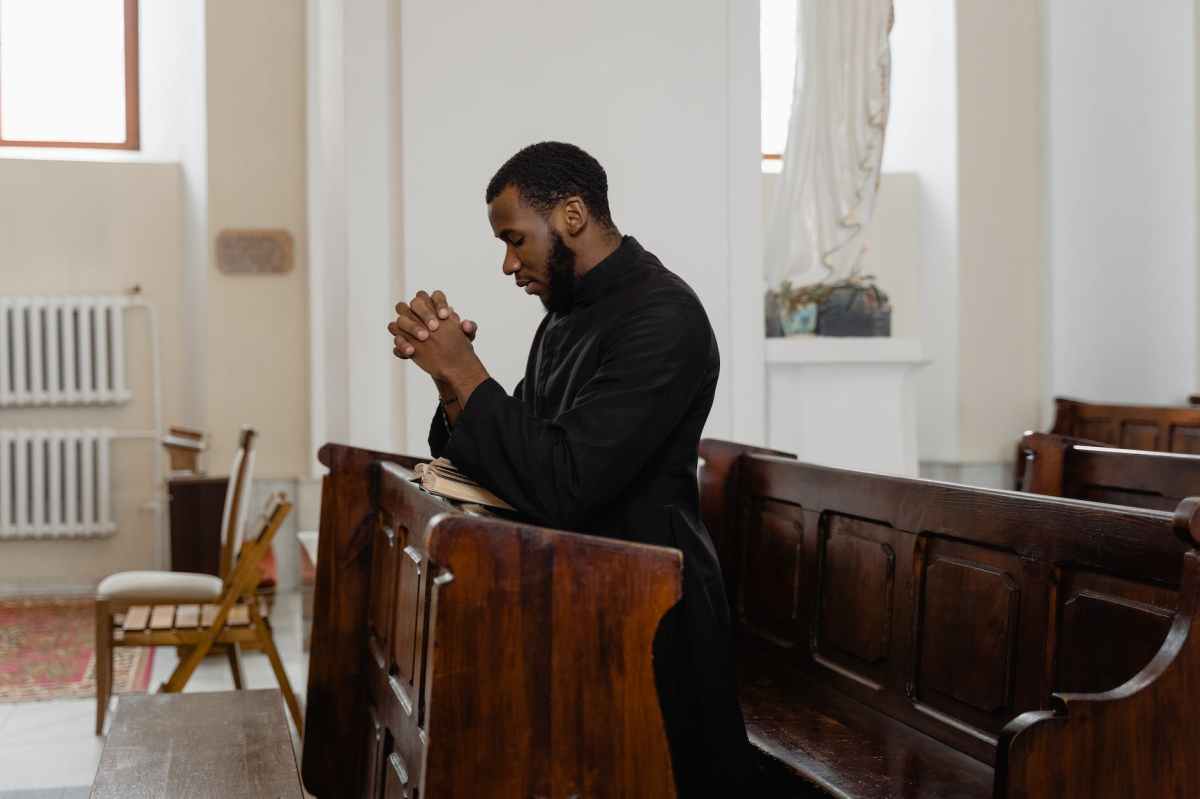The twelve apostles Jesus chose were people from all walks of life. They lived with Jesus, travelled with Him, evangelized with Him, saw Him perform several miracles. They also encountered the pain of Jesus, saw Him arrested and some saw Him die. Among the twelve was Judas Iscariot who betrayed Jesus and opened the door for the temple police to take Jesus away. According to the scripture, Judas became remorseful of his actions but it was quite late. He had already sold his Master for 30 pieces of silver and the Sanhedrin would not agree to a return. In Acts 1:18-19, we are informed that “With the payment he received for his wickedness, Judas bought a field; there he fell headlong, his body burst open and all his intestines spilled out. Everyone in Jerusalem heard about this, so they called that field in their language Akeldama, that is, Field of Blood. So Judas Iscariot died in such a disgusting condition. The betrayer killed himself as a result of his actions. Imagine Jesus moving along with the man who would orchestrate his crucifixion. Yet, Jesus never expelled Judas Iscariot from the ministry.
Then they cast lots, and the lot fell to Matthias; so he was added to the eleven apostles. (Acts 1:26)
After the ascension of Jesus, Peter reminded the apostles of the need to replace Judas Iscariot. According to Peter, the villainous ministry of Judas Iscariot was even stated in scripture. Peter said, “Brothers and sisters, the Scripture had to be fulfilled in which the Holy Spirit spoke long ago through David concerning Judas, who served as guide for those who arrested Jesus. He was one of our number and shared in our ministry. For it is written in the Book of Psalms: “ ‘May his place be deserted; let there be no one to dwell in it,’ and, “ ‘May another take his place of leadership.’” (Acts 1:16-17, 20). This prophecy had to be fulfilled. Judas Iscariot needed another to take His place. This Was Peter’s advice for the selection: “Therefore it is necessary to choose one of the men who have been with us the whole time the Lord Jesus was living among us, beginning from John’s baptism to the time when Jesus was taken up from us. For one of these must become a witness with us of his resurrection.” (Acts 1:21-22). The apostles nominated two men based on this criteria: Joseph called Barsabbas (also known as Justus) and Matthias (Acts 1:23). After the nomination, the apostles went ahead to pray, “Lord, you know everyone’s heart. Show us which of these two you have chosen to take over this apostolic ministry, which Judas left to go where he belongs.” (Acts 1:24-25).
Prayer was a critical component of choosing the replacement of Judas Iscariot. Remember, Jesus also spent all night praying before selecting the twelve (Luke 6:12-16). It was after the apostles prayed that they cast lots. The lot fell to Matthias; so he was added to the eleven apostles (Acts 1:26). Matthias wasn’t a novice to the ministry of Jesus. From the criteria the apostles used to make their selection, Matthias had been with Jesus since John baptized Jesus. In other words, Matthias experienced the ministry of Jesus. He might have followed Jesus on some of His trips. He might have witnessed the diverse miracles, the signs, the wonders. Matthias witnessed the crucifixion, death, resurrection and ascension of Jesus. He wasn’t one of the core twelve, but he was willing enough to follow Jesus from the beginning of His ministry to the end. Matthias’ name wasn’t mentioned prior to the ascension of Jesus. He was a silent follower, yet he was the one who replaced Judas Iscariot.
There are several Matthiases in the house of God. Committed, dedicated, persistent, consistent and dependable members who do not have acclaimed positions neither are they known by many. There is always a time for each and everyone’s ministry to be brought to the limelight. Continue doing what you have been called to do. Your works are definitely being seen in heaven.





